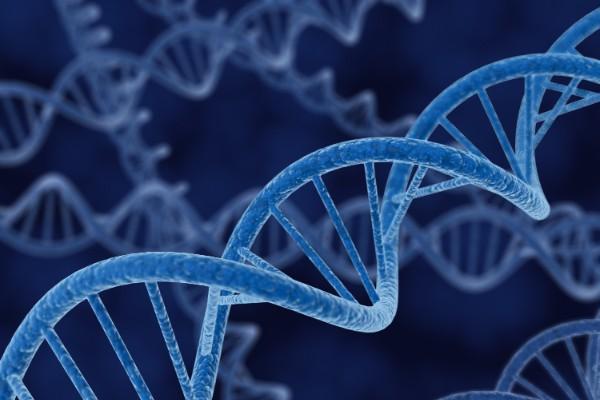According to the study, genes that influence oral diseases may be associated with other diseases, including certain types of cancer.

A team led by Dr. Mariana Bezamat of the Department of Oral and Maxillofacial Surgery at the University of Pittsburgh demonstrated in a population with dentition that a variation in the ERN1 gene may be associated with skin and breast cancer. glands.
“Caries may be perceived as something insignificant – like, 'Oh, it's just a tooth' – but it is the most common chronic disease in the world. If it turns out that there is a connection with other systemic health problems, I think this could attract more attention ” Bezamat said in a university article.
The study analyzed data from more than 1,400 patients who sought dental treatment and had previously lost teeth. Bezamat and her team analyzed the overall sample for genetic association with the ERN1 candidate gene and only included patients who were missing one or more teeth due to caries, periodontal disease, or periapical lesions.
The results confirmed that the ERN1 variant was associated with cancer in these patients and that this association was due to certain types of cancer. In particular, according to the results of the study, patients with this gene were more than twice as likely to develop skin and breast cancer than those without it.
It is not yet clear why variants in the ERN1 gene might be associated with cancer or dental disease. This gene is known to play a role in stress responses in the endoplasmic reticulum, a closed system of membranous tubules within the cell that form an intricate intertwining network. The endoplasmic reticulum is important for the transport and folding of proteins.
The researchers noted that further research is needed before such relationships can be used to directly help patients.
“Animal studies and additional human genetic studies are needed to really confirm this, and there are still many steps to be taken to achieve this,” Bezamat said.
